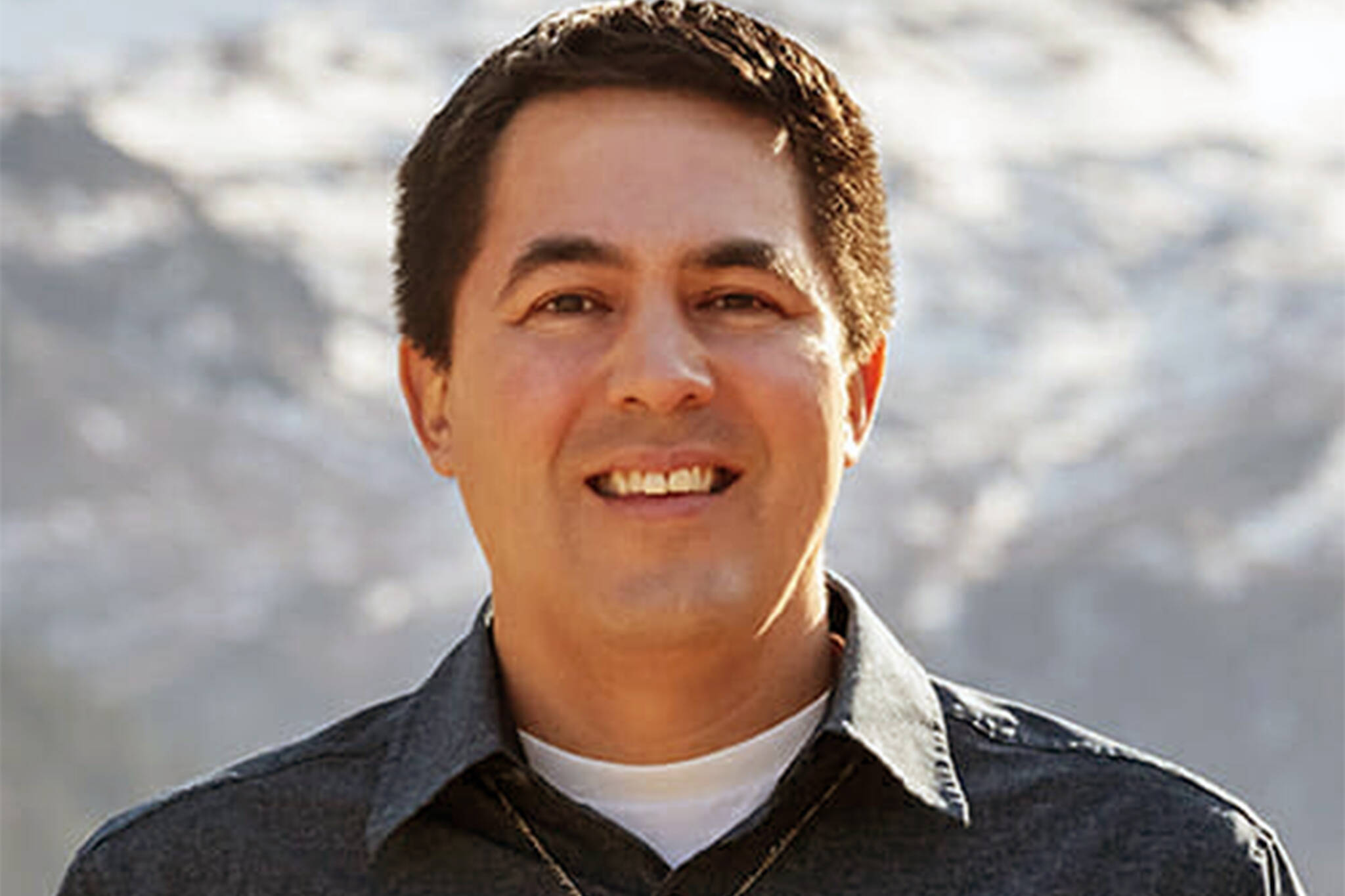Almost 50 years after the Alaska Native Claims Settlement Act created the Sealaska Corp., CEO and President Anthony Mallott says the company is looking forward as it learns from the past.
“It feels good to remember how far we have come and how far we still need to go,” Mallott said during Thursday’s Greater Juneau Chamber of Commerce’s weekly lunch presentation.
“It’s a moment of time and hopefully we can say, how do we make the next 50 years more successful than the first 50?” Mallott continued. “It’s a chance to look back to see what went wrong and what went right and to ask what we want to build on in the future.”
Passed in December of 1971, ANCSA led to the creation of Alaska Native regional, urban and village corporations and transferred 44 million acres to those corporations.
Mallott said that ANSCA represented “the largest land claim settlement for indigenous people in the entire world.”
The corporate model was selected based on negative results from reservation policies in the Lower 48, Mallott told the group.
“Congress and Alaska Natives sought a different model,” he explained, saying that the model sought to create self-sufficiency to meet the economic and social needs of Alaska Natives.
[Final Cruise ship of 2021 leaves Juneau]
“The corporate, for-profit model was not the perfect mesh with the social and cultural heritage of Native people,” he said. “But, we’ve worked on it to a point for 50 years and will work on it for the next 50 years.”
Strong and growing
Mallott said that Sealaska now has about 23,000 shareholders, up from the original 16,000.
About 6,000 of the shareholders are descendant shareholders — meaning they were born after the 1971 settlement, he said.
He said that eligible descendants can become shareholders upon turning 18, a change from the original process that depended on shareholders’ gifts to descendants or leaving them as part of an inheritance.
“We wanted a stronger connection with descents,” he said, explaining that the original structure meant that people who were born after 1971 could live the majority of their life not being a shareholder. He said it was not uncommon to have a set of siblings where some were born shareholders and some born a few years later were not.
“Shareholding at that point was such a foreign concept,” he said.
Big business
Mallott said that across Alaska, Native regional corporations drive economic activity that benefits shareholders and communities.
In the spring of 2021, the company reported a distribution of $21.3 million to shareholders.
According to the company’s website, “the distribution includes dividends from the company’s growing ocean-health business operations ($6.8 million) and the Marjorie V. Young (MVY) Shareholder Permanent Fund ($2.5 million).”
In addition, distributions to shareholders were $46.4 million in 2020, according to the site.
He said that in 2018, 62% of all corporate revenue in the state came from the Native regional corporations.
“It’s a huge economic impact,” he said. “We benefit our shareholders beyond a dividend. We bring a broad set of benefits to create the healing and wellness that our people need and deserve after hundreds of years of post-contact trauma,” he said.
Mallott said the company conducts frequent shareholder surveys to help shape effective shareholder programs.
In 2018, education was the top priority and native language preservation was the second priority.
“Career development is always near the top of the list,” he said.
Mallott said that Sealaska and other Native corporations offer employment, internships and workforce development programs. He said they make investments in culture, social services, education, healthcare and economic development.
Mallott said the companies work together to advocate for the maintenance of the traditional way of life and support rural communities and subsistence lifestyles.
[City officials certify election]
Looking forward
Mallott said that after 50 years, Sealaska remains dedicated to meeting shareholder needs through a business model that is sustainable, responsible, close to home and rooted in traditional values.
Mallott said that Sealaska is focusing on land, food and water-based business opportunities.
“We still care about every last acre,” he said. “We only own 1.6% of our homeland, but we work to protect our land where we have lived for more than 10,000 years.”
Although the corporation has stepped away from harvesting old-growth timber, extensive land ownership still offers several possibilities, he said.
“There’s lots to do when you own that much land,” he said, citing tourism development as one possible economic development opportunity.
“Many benefits come from our land even though we are out of the old-growth (logging) industry,” he said.
Mallott said that the company offers environmental services, including engineering, technical and scientific offerings.
He said the company’s focus on sustainable seafood harvesting has a positive tie to the corporation’s commitment to ocean health. He added that seafood has a smaller carbon footprint compared to other proteins.
“We have financial proof our strategy is working,” he said.
• Contact reporter Dana Zigmund at dana.zigmund@juneauempire.com

